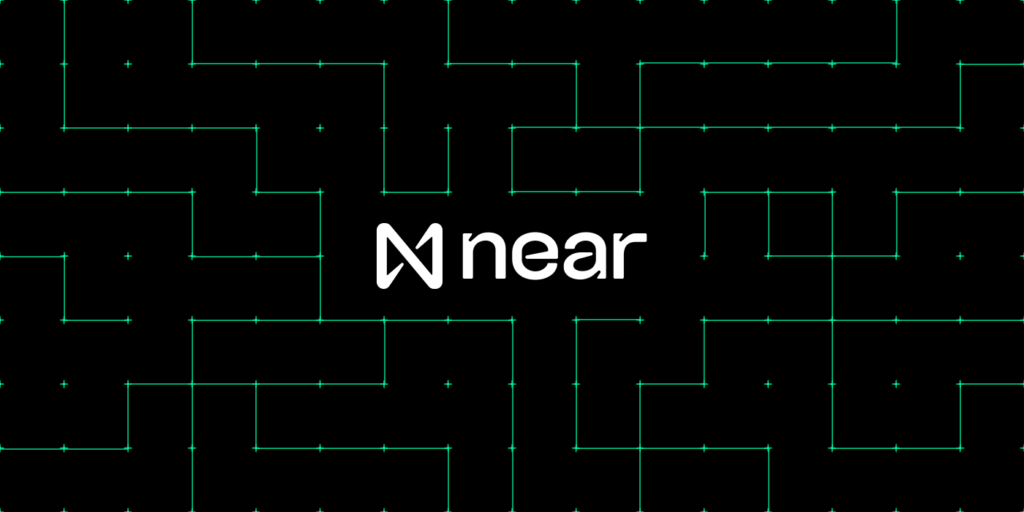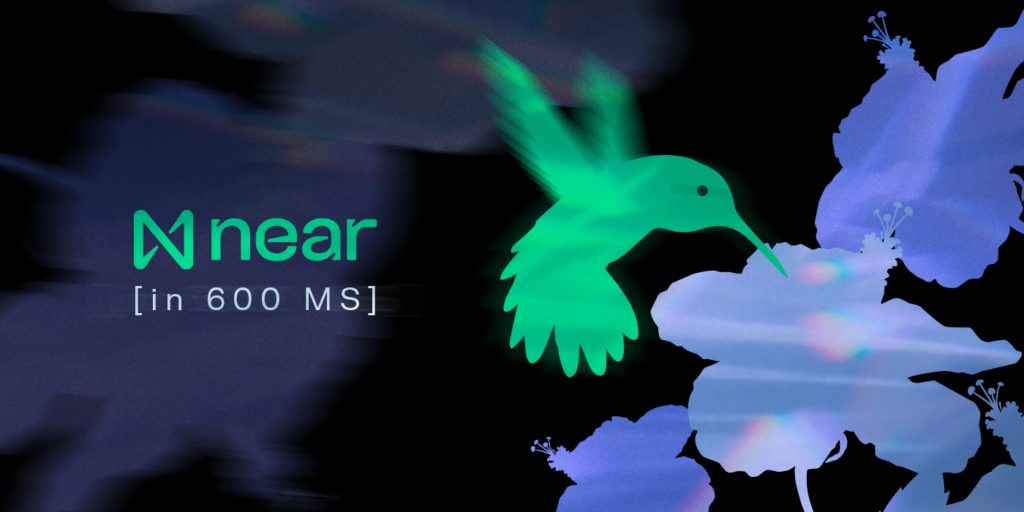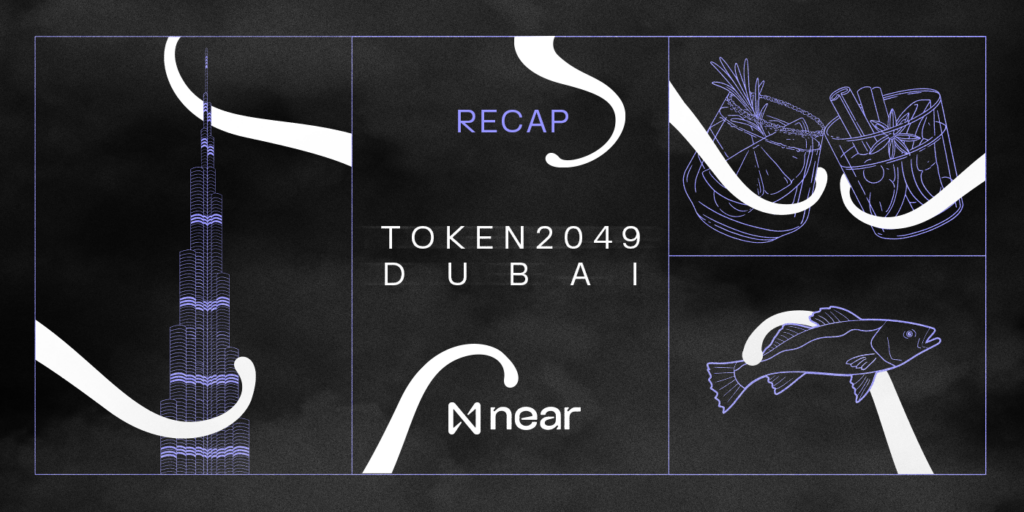Architecture of a distributed music streaming application
In our Reddit/r/NEARProtocol AMA with Audius’s CEO on April 10th, 2020, we will discuss the opportunities for musicians to monetize on blockchain applications better.
Disclaimer: Audius is not built using NEARProtocol. Our discussion is in the spirit of support to our musicians.
Introduction
Right now, most of the profits in the music industry are going to music labels. Musicians are left with 12% of total profits. Historically, music labels have existed for two reasons: music production and music distribution. Both have changed dramatically in recent times. The cost of producing an album was as high as $1m during the 1980s but has been drastically reduced to only $10k per album. As a result, many musicians are choosing the route of DIY publishing which allows them to skip the label.
Music distribution was usually facilitated via music labels working directly with physical stores and PR to push their music to customers. This dramatically changed with the advent of the Internet, which allows anyone to upload their music. However, the increased accessibility also makes it more difficult for artists to get discovered. Spotify, which provides distribution for labels in the online realm, primarily serves the interest of labels. For every million streams, a band only receives $6,000. Additionally, labels are still in control over what people see since social sharing is limited.
Can we create a place that serves both as a place to discover new music while at the same time changes the economy behind the content? If yes, where do we start?
Solution
We should be able to provide something valuable to musicians upfront and enable economics for the service later.
For example, a decentralized content platform would allow musicians to share re-used work of other musicians.
Even though music labels wouldn’t be on board with such a platform, it would provide much value for musicians since it will be the only service of it’s kind on the Internet.
Such a prototype should be able to do the following:
- Store music on decentralized storage nodes
- Have a record of all of the listens, likes, shares, and other engagement metrics, so everything is tracked
- As the economy is enabled on top of this service later, it will be easy to attribute payouts
- Allow people to share the music with each other
Why Blockchain?
The metadata attribution remains safe, verifiable, and immutable due to the decentralization of the network. Blockchain technology ensures that artists get paid safely and instantly as consumers listen to content. Blockchain also allows them to digitize music licenses in the form of a smart contract.
Further Reading
Audius whitepaper
Share this:
Join the community:
Follow NEAR:
More posts from our blog



